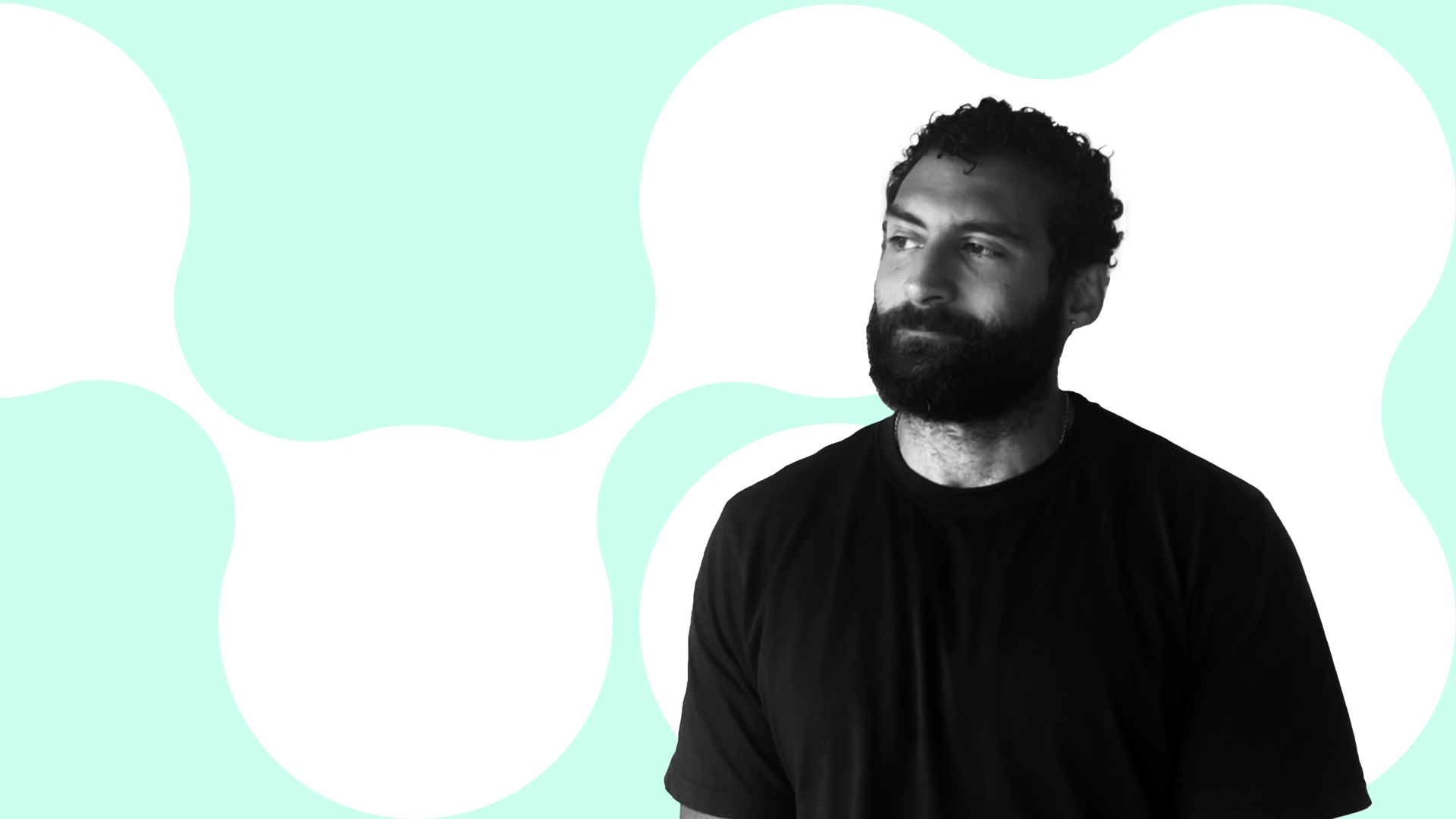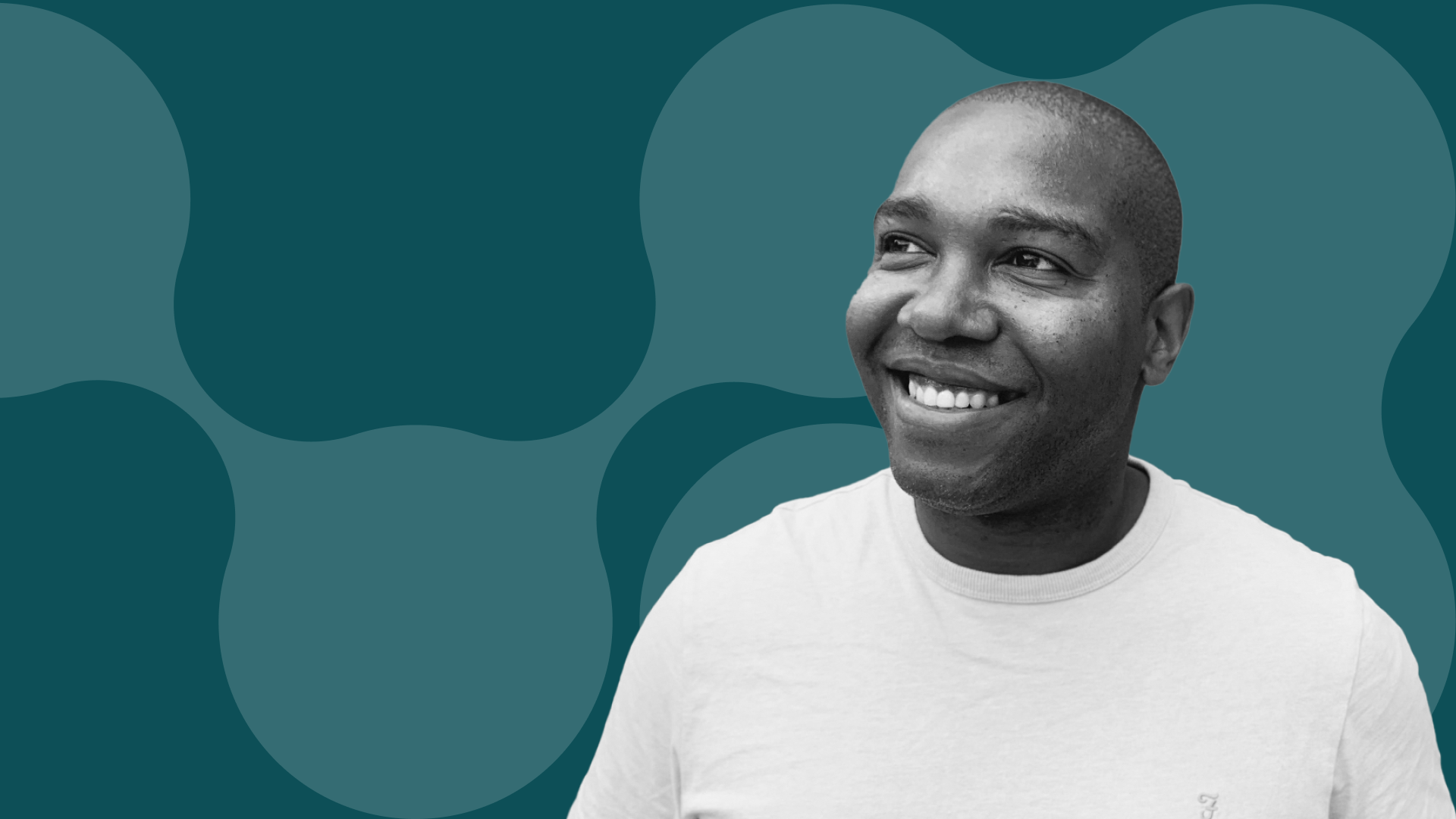‘Look at B2C - we're not that different': Breaking B2B conventions with IG Prime's Head Of Marketing Tomas Ausra
Changemakers spotlights innovative B2B marketing leaders who are driving industry transformation, where we explore bold strategies, disruptive ideas and the power of marketing.

Tell us about yourself.
I'm Tomas Ausra, and I work for IG where I'm the Head of Marketing for our institutional B2B business, IG Prime. I've been in the business for nearly five years now. My focus is on growing market share within this niche space and improving our B2B capabilities internally.
How do you see your role as a B2B marketer in driving broader sector or industry change?
I tend to focus on quality rather than quantity when it comes to industry insights. It's not an easy task - as you have to constantly challenge the status quo and keep reviewing progress to stay sharp - but ultimately this all has to deliver business results. Otherwise, there's no point in doing it. We're working with a number of other fund service providers to really nail down the service aspect of what we offer to our clients. I think that really helps push the complementary service ecosystem and helps tailor how we help our clients to the maximum by all joining up together.
When it comes to our differentiation, we are on the journey - also thanks to alan. agency. A key objective of the marketing and advertising campaign we developed last year together with alan. was to differentiate us from the competitors. That's a key objective for me. I can't say that we are perfect already or where we should be, but we're definitely on that path and I'm happy that we took those steps.
What's the most provocative idea or strategy you've implemented in your B2B marketing and what was the response and the outcome?
To expand on what I just mentioned - we work within the B2B space, where for some reason, people believe they need to create mind-numbingly boring ads. When you're in financial services like me, there's this belief that just because it's a B2B product, suddenly there's no emotion, there's no creativity that can happen. So my idea was to differentiate IG Prime and make more emotive ads, and alan. helped us quite a bit with this. It was a challenge to push this through internally at first, but once we got that agreement internally, then we were able to really push this idea forward. It helped us differentiate ourselves in this sea of sameness.
When you're in financial services like me, there's this belief that just because it's a B2B product, suddenly there's no emotion, there's no creativity that can happen.
I used a lot of examples to tell that 'stakeholder story'. It's all about the benefit for the business - we want to bring revenue and profit to the business, and this is a proven way to do that. We're not doing this just for fun - we're doing it because ultimately we believe this is what we should be doing. Pulling examples from the real world, from those who have already done it, is really helpful. Within the B2B space - I like to mention Salesforce. They've done quite a lot in terms of their marketing, how they use characters, how they have their own events. They really pull in some very creative ideas (and they are a B2B company!). That's helpful internally to show that hey, we are B2B, we are more professional, we're more geared towards businesses, but that doesn't mean we can't be creative, bold or emotional.
Can you share an example of how you've used storytelling to provoke or shift perceptions in your industry or in your role?
I think it's similar to what I just mentioned - storytelling is key when you want to move opinions, particularly those long-held views that are harder to change. I use it internally - when we were planning this campaign, I used examples from Salesforce, but also from the B2C world, like Avis' legendary 'We Try Harder' campaign which became one of the most famous slogans in the world and led the company to incredible business results.
If I can make a personal plug for myself, I write articles on my blog where I use storytelling to drive messages. Even when discussing something like data quality, I've used the example of the movie Moneyball. It really helps set the context and get people to imagine things, taking the reader on a bit of a journey. We all love stories as humans, so we should use them extensively.
What is the biggest change needed in your view in B2B marketing right now and how do you feel like you're contributing to that shift?
I'd say focusing on long-term emotional advertising is the big one. It's been deeply neglected within B2B and some change is happening. alan. has been doing a lot to help that, but there's still a long way to go. But to be completely frank - and I don't know if you want to include this or not - I'm fine with the rest of B2B marketing having that gap! I'm focused on being the best marketer I can be and generating profit for my business. So I won't shout too loudly about this change needed within B2B because ultimately, the less my competitors know about it, the better for me!
How do you encourage your team or organisation to think more boldly and embrace change in their marketing approaches?
You have to use data for that. You can start with some storytelling, but you need to use data ultimately and prove how it will bring new clients, how it will generate revenue and profits - then the conversation becomes a lot easier. You have to speak the language of the receiver. If you're speaking to the finance department, obviously you need to showcase how that's going to affect the thing that matters most to them.
I fully agree with your previous Changemaker, Sam [Shrager, BCL], from a few weeks ago when she talked about building that business case for your finance team. In my previous role, I was in charge of the acquisitions side of marketing and we did a lot of testing to see what works. You don't have to commit to everything just because it was on the plan at the beginning of the year, but you need to show them: 'Hey, these are the ideas we want to test, and if it's not going to work, we're not going to go full ahead just because it's in our plan.' There was a level of apprehension, of course, but you have to make the business comfortable by slowly proving results as you go.
What do you think makes B2B marketing changemaking?
I like the word contrarianism. I feel like there's a lot of ideas out there and as I said, it's better for me if the rest of the B2B marketers aren't also taking this advice, but if you're doing the same thing as everybody else, you're going to have the same results as everybody else. It’s about looking for insights where the rest of the people are not.
What is your one piece of advice to future changemaking marketers on how to be more effective in their roles?
If I had to say one thing, I'd say look at B2C - we're not that different. We use the excuse 'but that was a consumer goods case study, it's not going to work for B2B.' Most likely it will - B2B and B2C are not that different on a strategic level. I'd say we might use different channels, different audiences, or different approaches, but it's mostly the same, and research has also shown that most B2C findings apply to B2B just as well, sometimes even better.
Read next: Changemaker, Lorna Nightingale, on how 'perfection' is killing your B2B marketing.
More Insights from alan.
To re-form your industry, we must re-form ours first. From our visceral point of view on creativity to our incisive approach to strategy, delve into our provocative thought-leadership on how we’re aiming to subvert B2B’s status quo.




